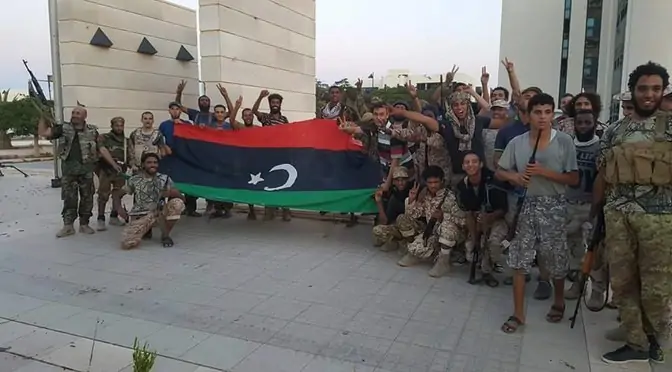This article focuses on the second of the scenarios depicting a total victory for one Libyan faction, where the nationalist coalition – loyal to a non-Islamist and nationalist government – is victorious and guides Libya towards a secular and nationalist state where Sharia is not a source of governance. In our previous scenario we detailed the scenario of an Islamist victory where the new government gradually, with different paths according to speed, implements Sharia law and puts Libya on the path towards an Islamic state. Note: Considering the future names of potential factions that would result from a new split between the unity government, we shall use the label nationalist for those that supported the nationalist-dominated Council of Representatives (COR) …
Continue reading “Scenarios for the Future of Libya – Sc 3.2 A Nationalist Libya”







